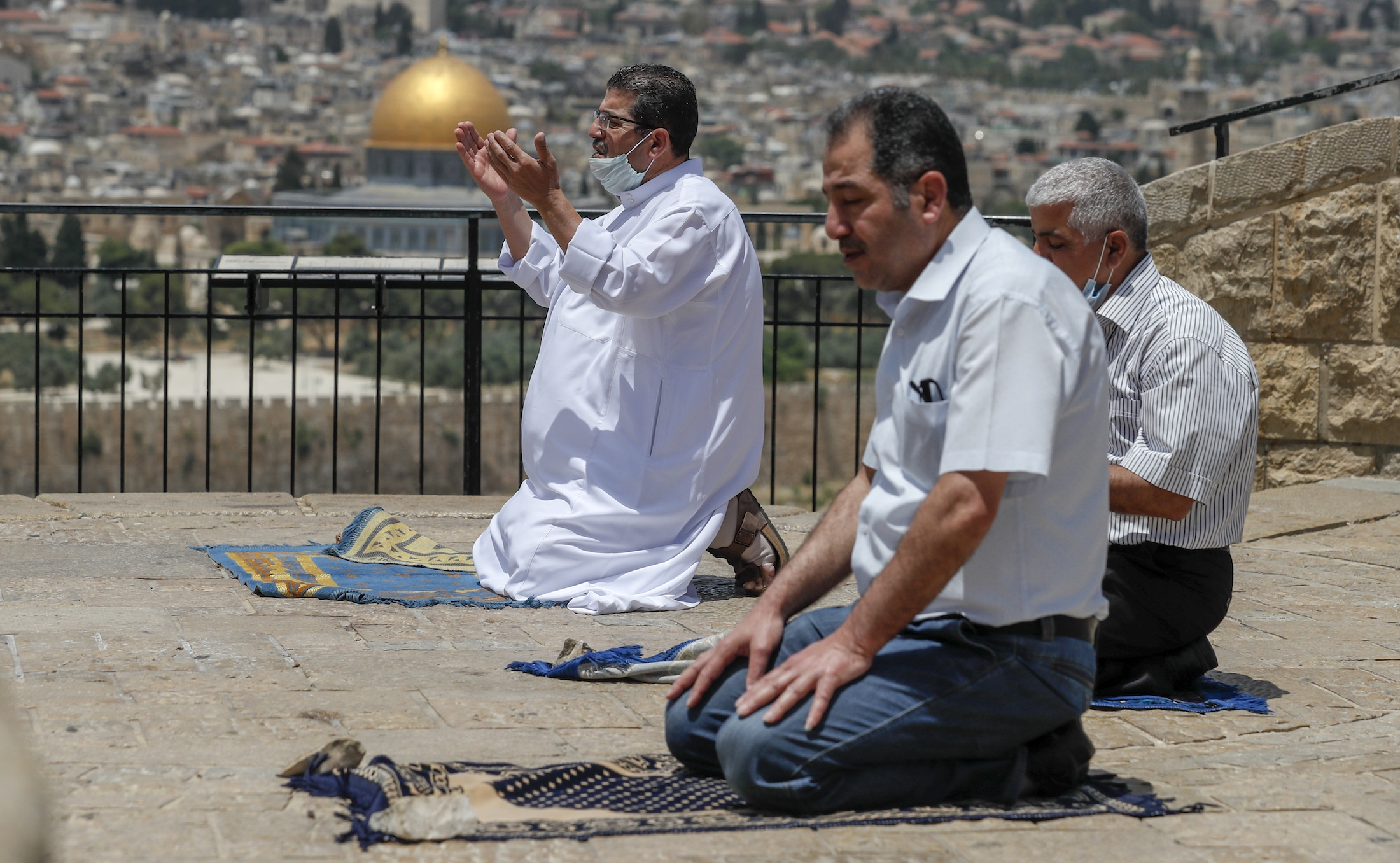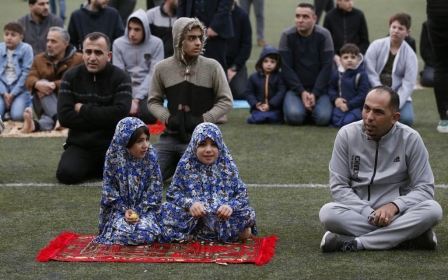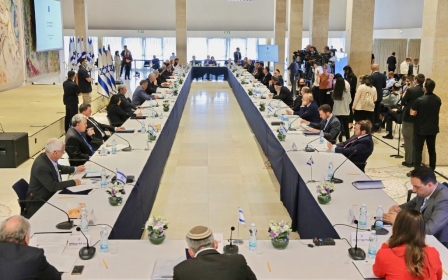Coronavirus: Jerusalem's Al-Aqsa Mosque to reopen on Sunday

Jerusalem's Al-Aqsa Mosque will reopen to worshippers on Sunday, two months after it was closed due to the coronavirus pandemic.
"All the doors of the Al-Aqsa Mosque [compound] will be opened at dawn on Sunday," Omar al-Kiswani, the mosque's director, told AFP on Wednesday.
Last week, the Waqf, the body that looks after the site in occupied East Jerusalem, said the holy mosque would reopen to the public after the Eid al-Fitr holiday, which ran from 24-26 May.
Details of the reopening have not yet been finalised, including whether the mosques on the site will be opened to worshippers or if the public will only be allowed into the courtyard where the faithful also pray.
Islam's third holiest site was closed in late March for the first time in more than half a century as part of measures to curb the spread of the novel coronavirus, which has killed more than 350,000 people worldwide and infected more than 5.5 million.
In recent days, both Israel and Palestine have begun to ease restrictions as coronavirus infections continue to decline in the region.
Israel - with a population of nine million - has reported nearly 17,000 coronavirus cases and 279 deaths as of this week.
Schools, businesses and beaches in Israel have already been reopening, with restaurants and bars to follow from 27 May.
The Al-Aqsa Mosque compound, which lies in Jerusalem's Old City, has long been a flashpoint in the Israeli-Palestinian conflict.
The mosque compound is under the custodianship of neighbouring Jordan, which controlled the West Bank and East Jerusalem until their occupation by Israel in the 1967 Middle East war.
Middle East Eye delivers independent and unrivalled coverage and analysis of the Middle East, North Africa and beyond. To learn more about republishing this content and the associated fees, please fill out this form. More about MEE can be found here.





